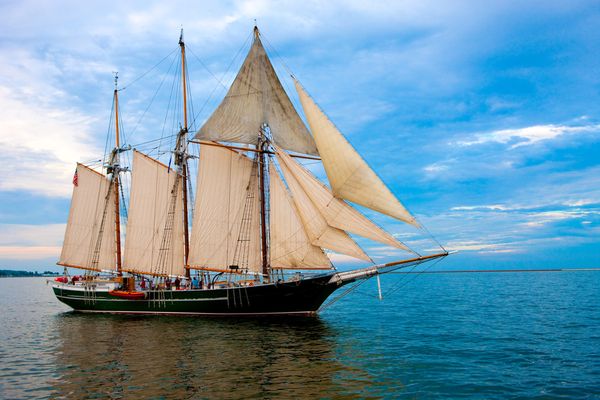5.1.1
Spain
Reasons for Poor Relations with Spain
Reasons for Poor Relations with Spain
Spain took control of Lisbon in 1581 and Philip became King of Portugal. Spain also had a strong position in the Americas. Growing tension between England and Spain during Elizabeth’s reign eventually led to war.


Philip II
Philip II
- Philip II of Spain had been married to Mary I, Elizabeth I’s sister. This had made him the joint monarch of England.
- But Mary’s death in 1558 without a child prevented a unification of England and Spain under a Catholic monarch.
- Although Philip proposed to Elizabeth I the year later, she never married him (or anyone).


Catholicism
Catholicism
- Spain had remained Catholic throughout the years of the Reformation.
- Elizabeth I’s excommunication by the pope in 1570 also highlighted clear religious differences between the countries.


Conflict in the Netherlands
Conflict in the Netherlands
- Philip II of Spain ruled the Netherlands. In 1581, Elizabeth I supported Protestant rebels financially, who created an independent Dutch state in the Netherlands.
- In 1585, she gave even more support, signing the Treaty of Nonsuch. This gave military support to the Dutch rebels and promised that England would protect them.
- Elizabeth I signed the treaty because England relied on Dutch ports for trade, Elizabeth I wanted to support Protestants and Spain was growing very powerful.


Robert Dudley
Robert Dudley
- In December 1585, Robert Dudley led English forces in the Netherlands after William of Orange's death.
- He led 7,000 troops and became "Governor-General" provoking Philip because an Englishman had accepted a title implying he ruled the Netherlands.
- Dudley (the Earl of Leicester) used bad strategies with a badly-equipped, under-funded army. He resigned in 1587 after many military defeats. The war in the Netherlands was lost.


English privateers
English privateers
- English privateers like Sir Francis Drake traded with Spain’s American colonies. These privateers raided Spanish boats and stole their treasure.
- Although they were not officially British, some of the privateers’ loot went to Elizabeth I. The treasure received from Sir Francis Drake in 1580 was enormous.
1Monarch & Government
1.1Tudor Monarchs
1.2Changing Role of Parliament
1.3Principal Servants to the Crown
2Religious Changes
2.1Tudor Monarchs & Religious Change
2.2Catholicism & Survival
2.3Protestantism & Puritanism
3State Control & Popular Resistance
3.1Tudor Control of the Country
3.2The State & the Poor
4Economic, Social & Cultural Change
4.1Patterns of Domestic & Foreign Trade
4.2Changing Structure of Society
5Historical Interpretations
5.1Significance of Threats to National Security
5.2Court Politics
5.3Elizabeth & Parliament
5.4Social Distress in the 1590s
Jump to other topics
1Monarch & Government
1.1Tudor Monarchs
1.2Changing Role of Parliament
1.3Principal Servants to the Crown
2Religious Changes
2.1Tudor Monarchs & Religious Change
2.2Catholicism & Survival
2.3Protestantism & Puritanism
3State Control & Popular Resistance
3.1Tudor Control of the Country
3.2The State & the Poor
4Economic, Social & Cultural Change
4.1Patterns of Domestic & Foreign Trade
4.2Changing Structure of Society
5Historical Interpretations
5.1Significance of Threats to National Security
5.2Court Politics
5.3Elizabeth & Parliament
5.4Social Distress in the 1590s
Unlock your full potential with Seneca Premium
Unlimited access to 10,000+ open-ended exam questions
Mini-mock exams based on your study history
Unlock 800+ premium courses & e-books



